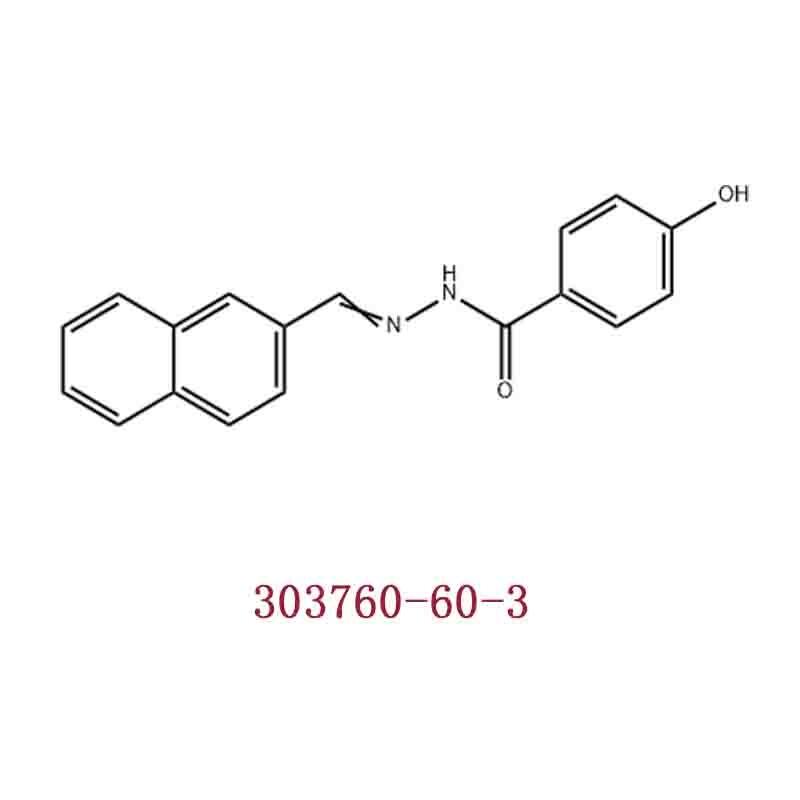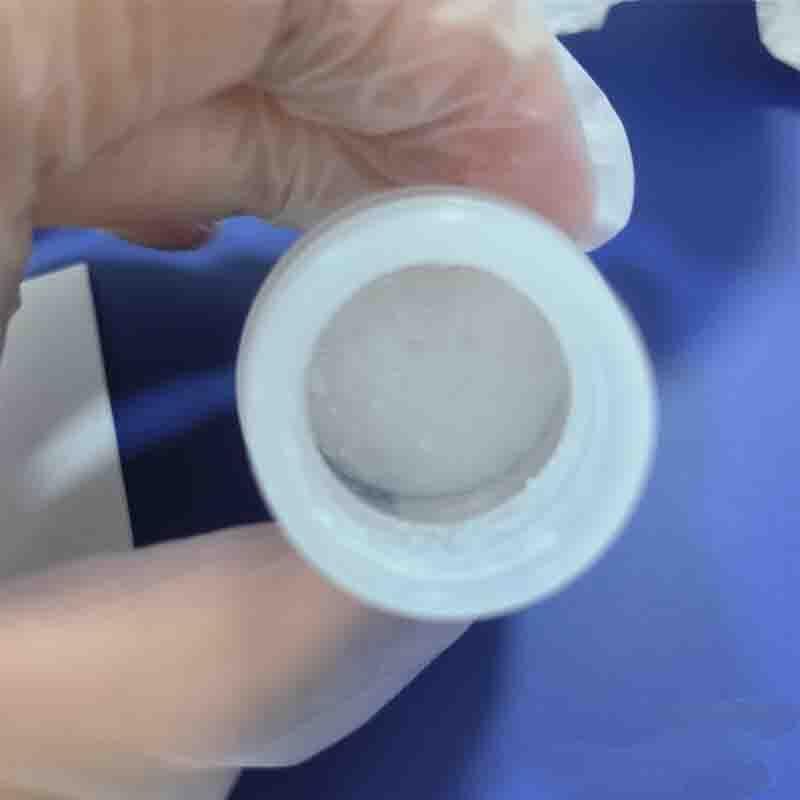-
Categories
-
Pharmaceutical Intermediates
-
Active Pharmaceutical Ingredients
-
Food Additives
- Industrial Coatings
- Agrochemicals
- Dyes and Pigments
- Surfactant
- Flavors and Fragrances
- Chemical Reagents
- Catalyst and Auxiliary
- Natural Products
- Inorganic Chemistry
-
Organic Chemistry
-
Biochemical Engineering
- Analytical Chemistry
-
Cosmetic Ingredient
- Water Treatment Chemical
-
Pharmaceutical Intermediates
Promotion
ECHEMI Mall
Wholesale
Weekly Price
Exhibition
News
-
Trade Service
Only for medical professionals to read for reference.
See you online at 08:30, May 29th ~ Yingying early summer, the ancient city of Nanjing, full of greenery and unbroken grass.
On May 29, the 2021 Chinese Hepatitis Medical Forum-Hepatitis C In-Hospital Elimination Project was shocked and held in Nanjing, the ancient capital of the Six Dynasties.
Authoritative experts and scholars in the field will gather together to return to normal communication, focus on in-hospital screening for hepatitis C, and in-depth discussion of practical problems and feasible solutions for eliminating hepatitis C in the hospital.
Scan the QR code to watch the live broadcast.
In recent years, although some gratifying progress has been made in the field of viral hepatitis diagnosis and treatment, it is estimated that more than 70% of HCV infections in my country have not been detected.
Therefore, finding the missing HCV infection is a top priority in the field of hepatitis.
At present, a number of studies at home and abroad have found that carrying out anti-HCV screening in hospitals has low cost and good results.
Medical institutions are currently an important place for HCV screening and detection of infected persons.
However, some studies have shown that for patients with anti-HCV positive detected in the hospital, follow-up consultations and referrals are seriously insufficient.
Some non-infectious liver disease department doctors have insufficient knowledge of the disease and lack of active testing for patients who have a higher risk of hepatitis C infection in the past.
The consciousness of the patient has lost the opportunity for treatment.
Therefore, how to establish and improve the in-hospital hepatitis C screening and referral system has become a "key issue" before all medical workers.
So, how to crack them one by one and get out of trouble? This time, let us follow the explanations of the big coffees to analyze the question of "in-hospital hepatitis C screening and referral" step by step~ Authoritative interpretation of the management process of in-hospital hepatitis C screening in my country with the introduction of direct antiviral drugs (DAAs) and in China More than 95% of hepatitis C patients treated with DAAs can obtain a durable virological response.
Therefore, the "shortcoming" that really affects the goal of eliminating hepatitis C is how to effectively screen out HCV infections.
For this reason, the "China Hepatitis C In-Hospital Screening Management Process (Trial)" came out at the historic moment.
At this conference, in order to help clinicians make reasonable decisions in clinical practice, Professor Wei Lai of Beijing Tsinghua Chang Gung Memorial Hospital affiliated to Tsinghua University will give an in-depth and detailed interpretation of the new management process.
Professor Wei Lai pointed out that medical institutions are currently the main places where HCV infections and patients are found in my country.
The promotion of the screening management process can effectively promote the multi-disciplinary and multi-sectoral cooperation of medical institutions, and strengthen medical institutions’ detection of anti-HCV-positive patients.
Consultation and referral to promote the diagnosis and antiviral treatment of patients with chronic hepatitis C.
Screening of inpatients with hepatitis C infection, looking for missing patients.
The change in the incidence of hepatitis C in my country is related to the detection mode, and there are regional differences.
At this conference, Professor Niu Junqi from the First Hospital of Jilin University will bring his team's latest research progress on hepatitis C screening for inpatients.
The results of this retrospective analysis showed that among the hospitalized population, the positive rate of HCV antibodies tends to increase with age; focusing on screening inpatients over 40 years old will help speed up the elimination of hepatitis C without increasing costs.
pace.
In addition, Professor Niu Junqi pointed out that the current screening results are only used for nosocomial infection control, and the management of the population after screening should be strengthened, which can effectively improve the diagnosis and treatment rate of HCV.
Practical experience sharing: work together to strive for no hepatitis C in the hospital.
Research shows that nearly half of hepatitis C patients in the hospital are located in departments other than infection/liver disease/digestion, and the proportion is increasing, but the screening rate of non-infectious departments is low.
Therefore, non-infectious department referrals in hospitals also provide a direction for HCV elimination.
In the discussion session of the big coffee, Professor Wu Chao from the Gulou Hospital of Nanjing University School of Medicine will share his experience in the project of “Discovery and Circulation of Hepatitis C Patients in Non-Infectious Departments” implemented by his hospital.
He pointed out that focusing on the five major participants of in-hospital screening, grasping the three links of “screening, diagnosis, and treatment”, using two modes of direct diagnosis and treatment in the non-infectious department and consultation/referral to the infectious department for treatment will ultimately benefit multiple parties.
.
Professor Zhang Xiaohong from the Third Affiliated Hospital of Sun Yat-sen University will also bring practical and exploratory experience of the in-hospital hepatitis C referral system.
She said that the establishment of a standardized HCV diagnosis, treatment and follow-up system will not only benefit patients, but also effectively protect medical staff and improve hospital management, which is of great significance.
To eliminate hepatitis C, starting from the hospital, a standardized diagnosis and treatment process and an expansion of the treatment scale are required.
Professor Xin Yongning from Qingdao Municipal Hospital will bring his hospital's accumulated practical experience in breaking through the cognitive barriers of "inspection-non-specialist-patient".
He pointed out that we need targeted science popularization and "precision" education for people of different age groups in order to be close to the public.
In addition, Professor He Na from the First Affiliated Hospital of Xi'an Medical College analyzed the new model of hepatitis C elimination in the hospital from another perspective.
She emphasized that hepatitis C standardized diagnosis and treatment, policy support and other information available to specialist doctors still needs to be transmitted in multiple forms and multiple channels to high-risk groups.
Direct communication between doctors and patients (phone calls, text messages) is the most effective way to carry out in-hospital hepatitis C micro-elimination, and it is also the most reliable way to discover problems.
Anti-Virus Workshop Wonderful Review of China Hepatitis Cloud Forum-Hepatitis C Elimination-Pursuing Excellence and Pursuing Perfection.
View more exciting live broadcasts in the past for more latest literature, guidelines and cutting-edge information in the fields of infectious diseases, hepatitis and AIDS -Welcome to pay attention to "Jizhiyi"-Statement: This content is only for Chinese medical and health professionals, and aims to provide scientific information to and only to medical and health professionals for personal learning and reference purposes.
If you are not a medical and health professional, please do not participate or spread.
-End-







